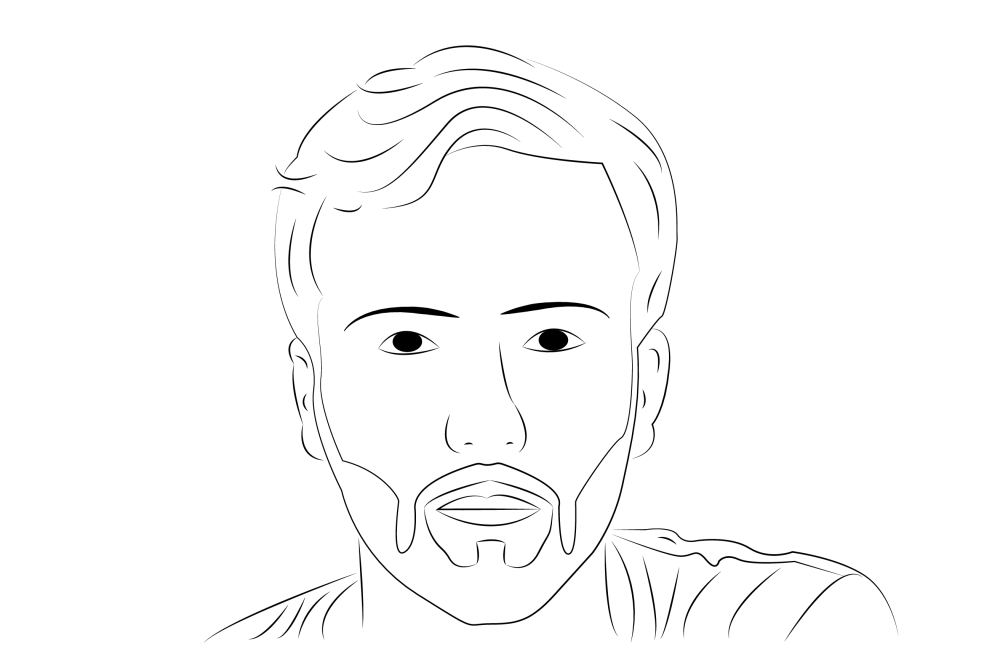What I’d heard and read about Interstellar prior to seeing it was mostly directed towards its loudness, some movie theaters went as far as putting out disclaimers warning viewers about the unusually –but intentionally- loud soundtrack composed by Hans Zimmer. I also came across jokes regarding Mathew McCounaghey’s Cheetos-like skin tone. Friends and family living abroad (a condition which allowed them to see it before it premiered in Venezuela) referred to the film as “a journey” and “quite an experience”. From dedicated cinema websites I found articles claiming that since it was made using 70mm film stock, it was meant to be seen in an IMAX theater with Dolby 7.1 Surround Sound, which as you may have read in previous articles, is not exactly my cup of tea. On Twitter I was excited to see Neil deGrasse Tyson dedicating a few words (mostly positive) to the science behind the film, a fact that, coupled with a chance encounter I had with “The Grand Design” by Stephen Hawking (which rekindled in me a long-lost interest for science) tilted the “expectation bar” towards the positive side of the spectrum. Finally, with all that, plus the natural expectation surrounding a Christopher Nolan flick (both good and bad) I set out to see it the day it premiered.
30 minutes later, I had forgotten about all of the above (except for Mathew’s sickly-looking skin color, which kept reminding me of a time when my brother, after hearing that carrots improve night vision, ate 30 within a span of 48 hours).
Yes, Interstellar had all the things I expected from a Sci-fi directed by Christopher Nolan. It showcased interesting, fact based science (One of the executive producers is also a physics teacher for Caltech who specializes in Einstein’s theory of general relativity) grandiose outer world landscapes, parallel timelines, nicely crafted suspense, a somewhat ambiguous ending, and overall epic, good filmmaking. But what set it apart from the rest of his recent, non-batman endeavors (I’m looking at you, Inception) is character depth. Surprisingly (and fortunately) the film finds its main propeller not in special effects, or 70mm film stock, nor on interesting and seemingly plausible scientific conundrums. Granted, it is most likely to hear conversations regarding the at times headache inducing science the film its undoubtedly immersed in, than it is to hear anything remotely profound in regards to characters. But the core of what makes it a successful film lays in the beautiful imperfection of its characters, their contradictions, their cluelessness, their selfishness and their fears. Prior to watching Interstellar, I had also heard in an interview with Jessica Chastain (one of the films main protagonists) that the movie, despite of its size, was a about a father and its relationship with his daughter. Such claim rang so familiar, that it proved impossible for me not to dismiss it as a generic response. And even when it wasn’t entirely true, and probably was in reality a generic response, the claims holds some validity in the fact that Interstellar is an intense emotional journey that not only stands in the shoulder of its characters, but utilizes them as a mean for turning scientific jargon (and the underlying message the movie is trying to convey through it) into something interesting, meaningful, inspiring, and most importantly accessible for audience members, whether they have a pre-existing interest in science or not. I hope, than on top of raising interest and awareness on the development of possibly life altering scientific discoveries, Christopher Nolan’s Interstellar, also serves as a (least important) reminder of the importance and power of character development within storytelling, and that properly human, flawed characters, will make an audience forgive/forget/ignore the imperfections of a body of work may present. Yes, even Mathew McConaughey’s hepatitis-like skin tone.


